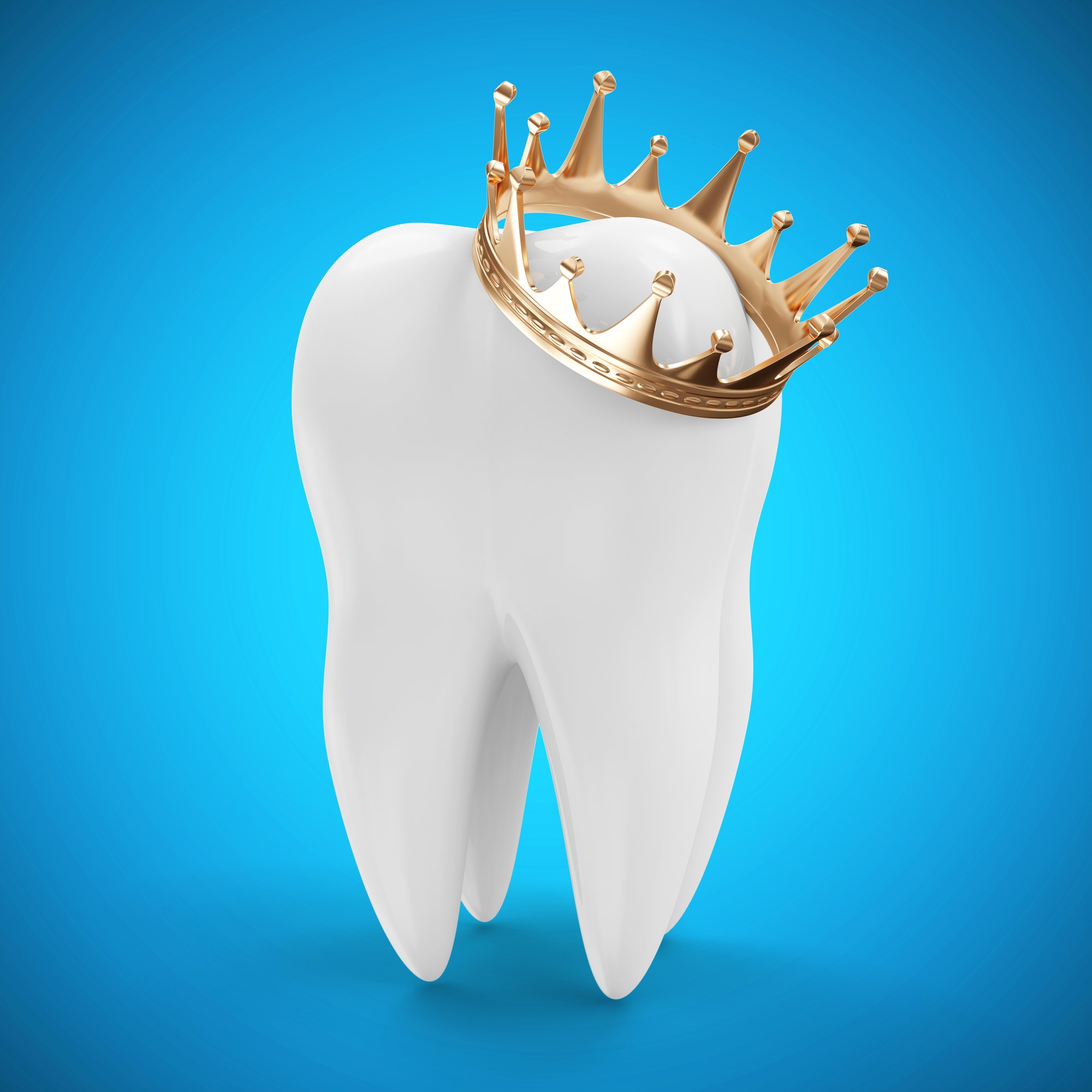
Dental crowns are caps that are placed over a damaged tooth. They are an effective way to repair a broken or worn tooth and restore a natural-looking, healthy smile. The cost of a dental crown depends on many factors including the extent of damage to the tooth being repaired, the size of the crown needed, and which tooth it is that requires the crown. Perhaps the largest factor in determining the cost of a dental crown is the material it is made from.
Common Types of Dental Crowns and Their Costs
1. Zirconia. Zirconia crowns are widely regarded as the best material for dental crowns on the market. They are made from zirconium dioxide, a durable metal closely related to titanium. The major advantage of Zirconia implants is their strength. They do not chip or fracture as easily as porcelain or ceramic crowns. They are also considered to be biocompatible because they integrate well with the gums and other teeth.
Because of these advantages, Zirconia crowns can be quite pricey. They range in price from $1,000 to $2,500 per crown.
2. Ceramic crowns. The major advantage to crowns constructed of ceramic is that because they are made of porcelain they match almost identically to the look and translucency of natural teeth. Because of these aesthetic advantages, ceramic crowns are usually used as crowns for front teeth.
The average cost of a ceramic crown can range from $800 to $3,000.
3. Metal crowns. There are several variations of metal crowns. The metals most often used to construct metal crowns are gold and copper. Other types of crowns require the removal of natural tooth structure before placement. Metal crowns are an attractive alternative because they require the least amount of natural tooth removal. Due to their color, however, metal crowns stand out the most and so are often used on rear teeth.
The average cost of a gold crown is $600 to $2,500.
4. Porcelain-fused-to-metal crowns. As the name implies, these types of crowns are constructed from a combination of porcelain and metal. Porcelain fuses with metal during the heating process to create a bond. This creates a crown that is stronger than regular porcelain because it has a large concentration of metal, but one that closely matches the look of natural teeth because of the color characteristics of porcelain. This unique combination of benefits makes porcelain-fused-to-metal crowns an attractive option.
The average cost of a porcelain-fused-to metal crown is $500 to $1,500.
5. Resin crowns. Because resin is a thinner material, crowns made from it tend to be more fragile than crowns made of either metal or porcelain. They are more affordable than metal or ceramic crowns, but because they are more prone to fracture and wear, they are not recommended very often by dentists. Resin crowns are most often used on baby teeth rather than adult or permanent teeth.
The average cost of a resin crown is $600 to $1,300.
6. Stainless steel crowns. Crowns made from stainless steel are usually used as temporary ones while a permanent crown is being created. Like crowns made from metal, they are very durable but do not blend in well with natural tooth color.
The average cost of a stainless steel crown is $300 to $500 per tooth.
Superior Dental Crown Treatment in Coffs Harbour
Regardless of your needs or budget, Dr. Pathak and the expert team at Magic Smiles Dental and Implant Center can design quality dental crown treatment for you. Call (02) 6652-3242
or schedule an appointment online today to begin your consultation.


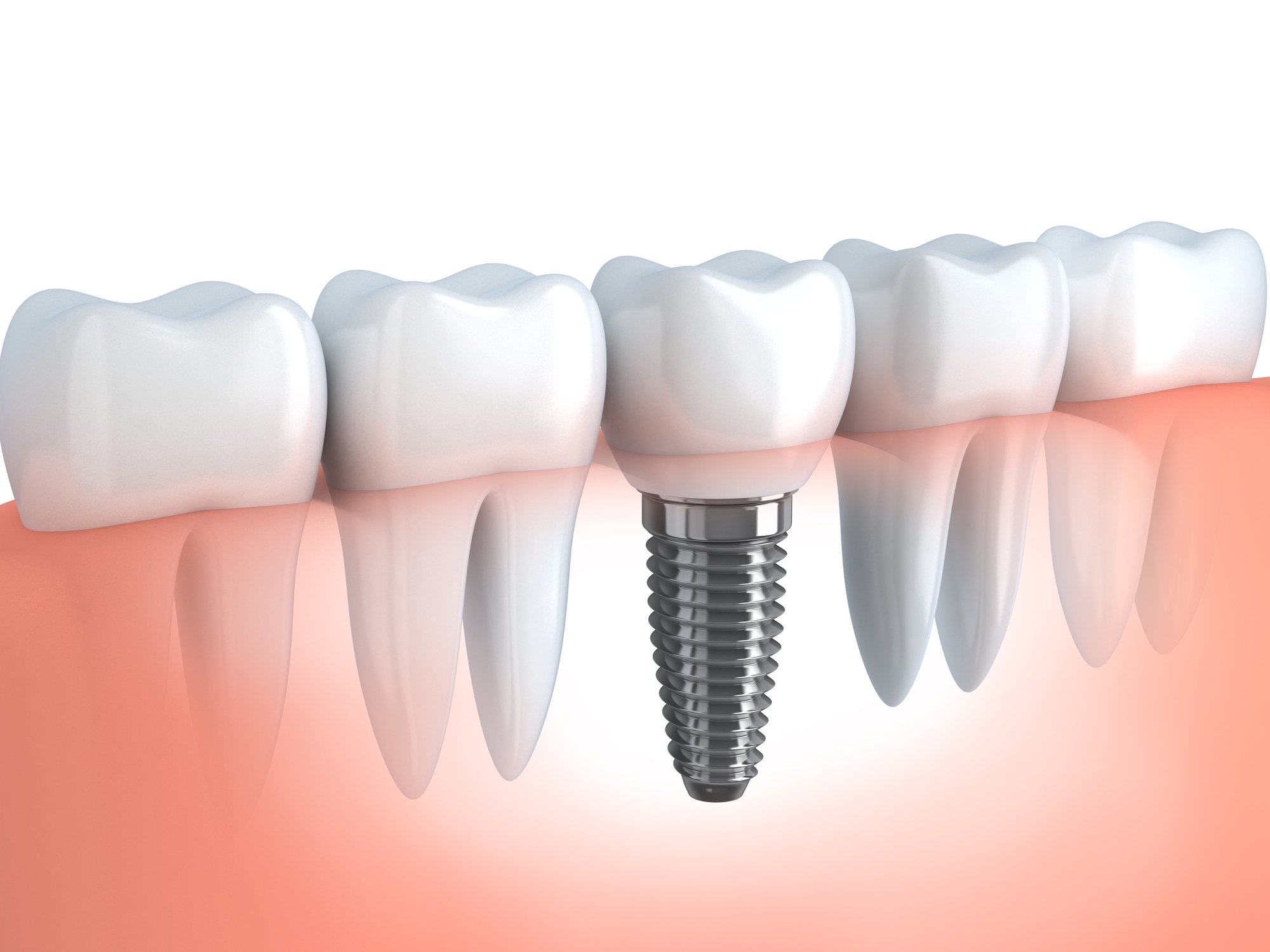

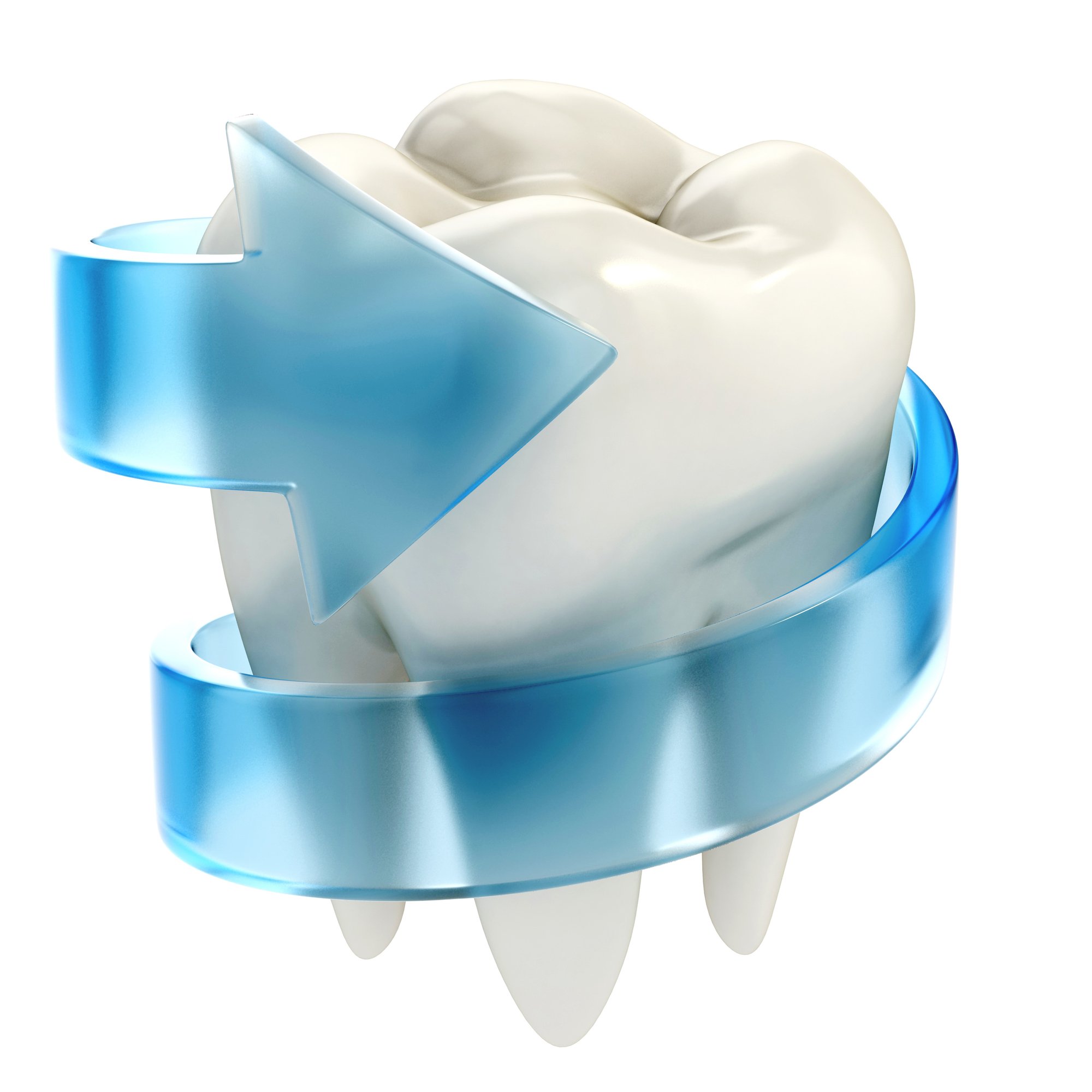

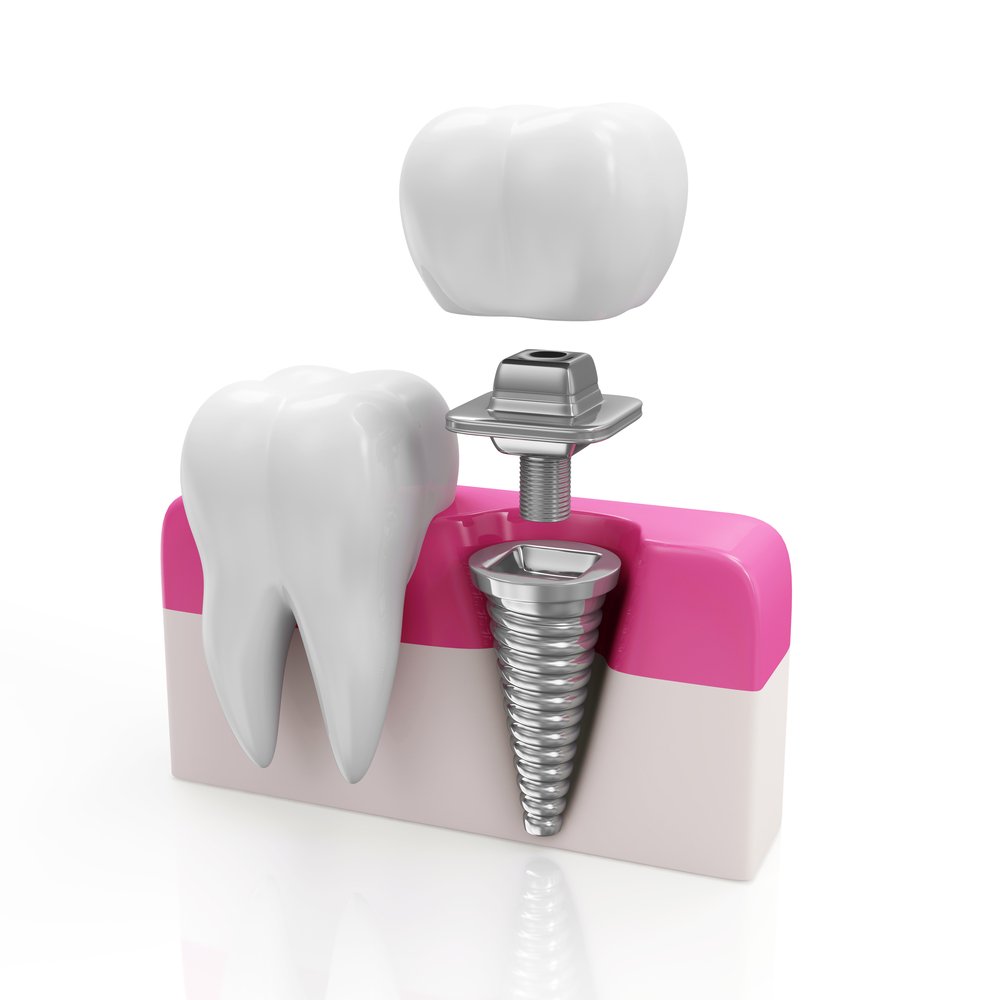

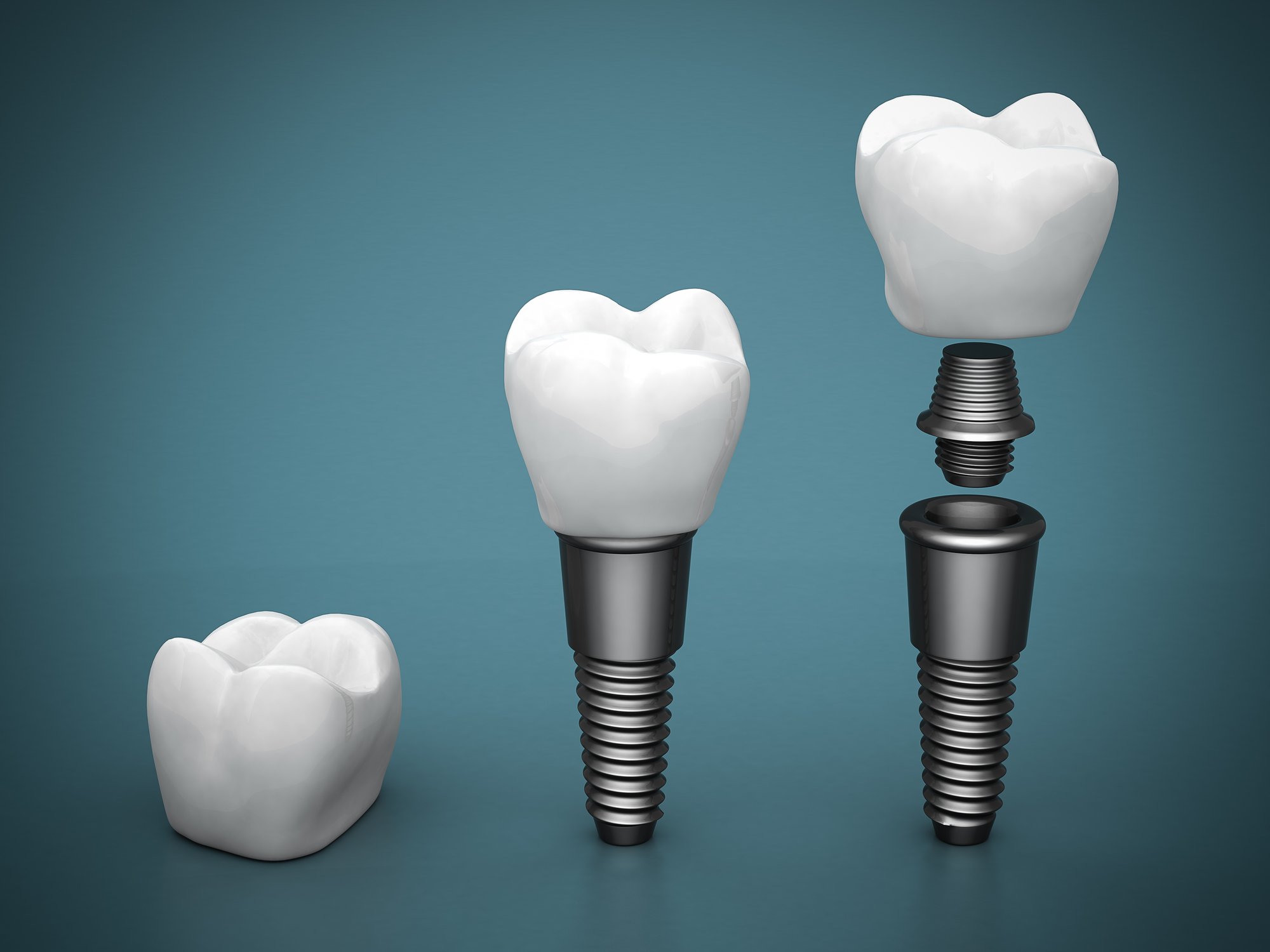
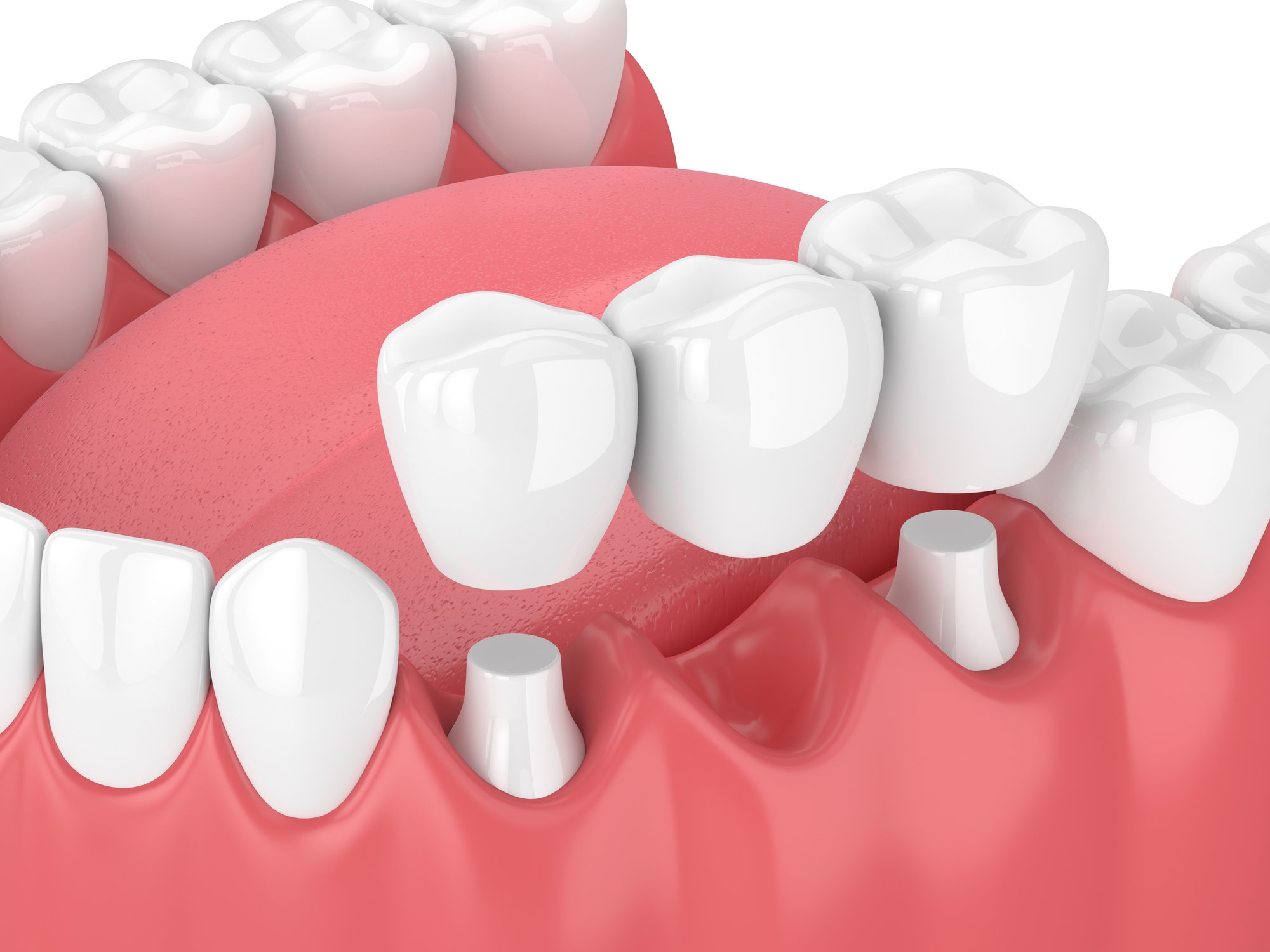


Recent Comments